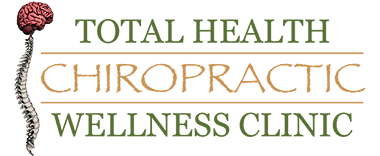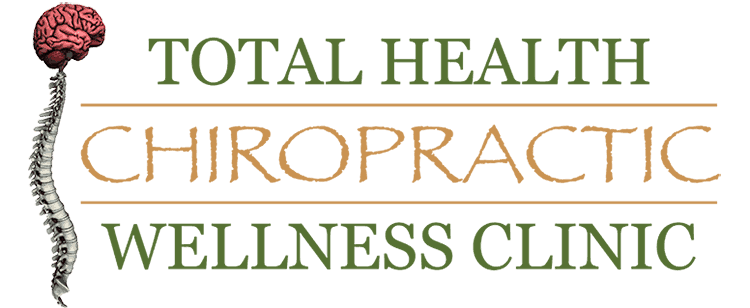The end of summer and children returning to school represents a time for check-ups and annual measurements. Toddlers and young children usually take an annual trip to a physician for baseline monitoring of blood pressure, heart, and physical wellness. Older student-athletes undergo mandatory physicals to participate in athletics and activities as well as receive guidance on nutrition, training, exercise, and sport-specific issues.
These annual exams represent the same reasons a parent would take their children to a Chiropractor for a spine and nervous system evaluation. The health and wellness of the family begins with preventative measures designed to maintain health through proactive measures which actively prevent the onset of sickness, disease, and injury. The same parents who invest such care in pediatric and athletic exams often overlook the importance of spine and nervous system care. Preventative care plans begin with Chiropractic.
The spine intimately connects to the function of the brain and nervous system and regulates the overall health of the body. A misaligned spine which does not move appropriately alters feedback in the central nervous system, setting off a cascade of hormones that lead to or contribute to unwanted symptoms that presents as sickness and disease. A compromised nervous system decreases function and performance in the brain and body.
Spine and postural health remain as important to health, function, and quality of life as good nutrition and exercise. Research done by medical doctors and published in 2005 in the reputable Spine medical journal revealed the influence of posture on overall body health and well-being. Studies evaluated spine and postural health using x-rays and plumb-line measurements along with other health measurements and recorded subjective data. Patients listed specific, unwelcome symptoms or ailments that went along with objective measurements of blood pressure, pulse, and respiration. Research authors found that every recorded aspect of health deteriorated as measurements of posture deviations (shifts in posture) got worse.
This study further details the importance of healthy posture, spinal alignment, and spinal movement. Abnormal posture or small shifts in the spine, referred to as subluxation, operate like cavities in the teeth. They slowly and painlessly form in the back and neck and take root before ever festering with symptoms that declare a problem exists. The intimate relationship between the spine and nervous system makes subluxations a critical component in altering mood, hormones, and function. Poor alignment results in loss of focus, inability to concentrate, less energy, and issues with immunity and digestion. The central nervous system regulates organs and function. Maintaining a healthy spine serves to only enhance the health and wellbeing of every member of the family.
Annual checkups to the physician and athletic staff represent routine landmarks on the path to a healthy year. Chiropractic care provides a key element which enhances the physical, mental, and emotional health potential of the entire family. The start of a new school year offers new possibilities and new beginnings. Chiropractic offers the beginning of a healthier future.
References:
Spine. 2005 Sep 15;30(18):2024-9. The impact of positive sagittal balance in adult spinal deformity.

